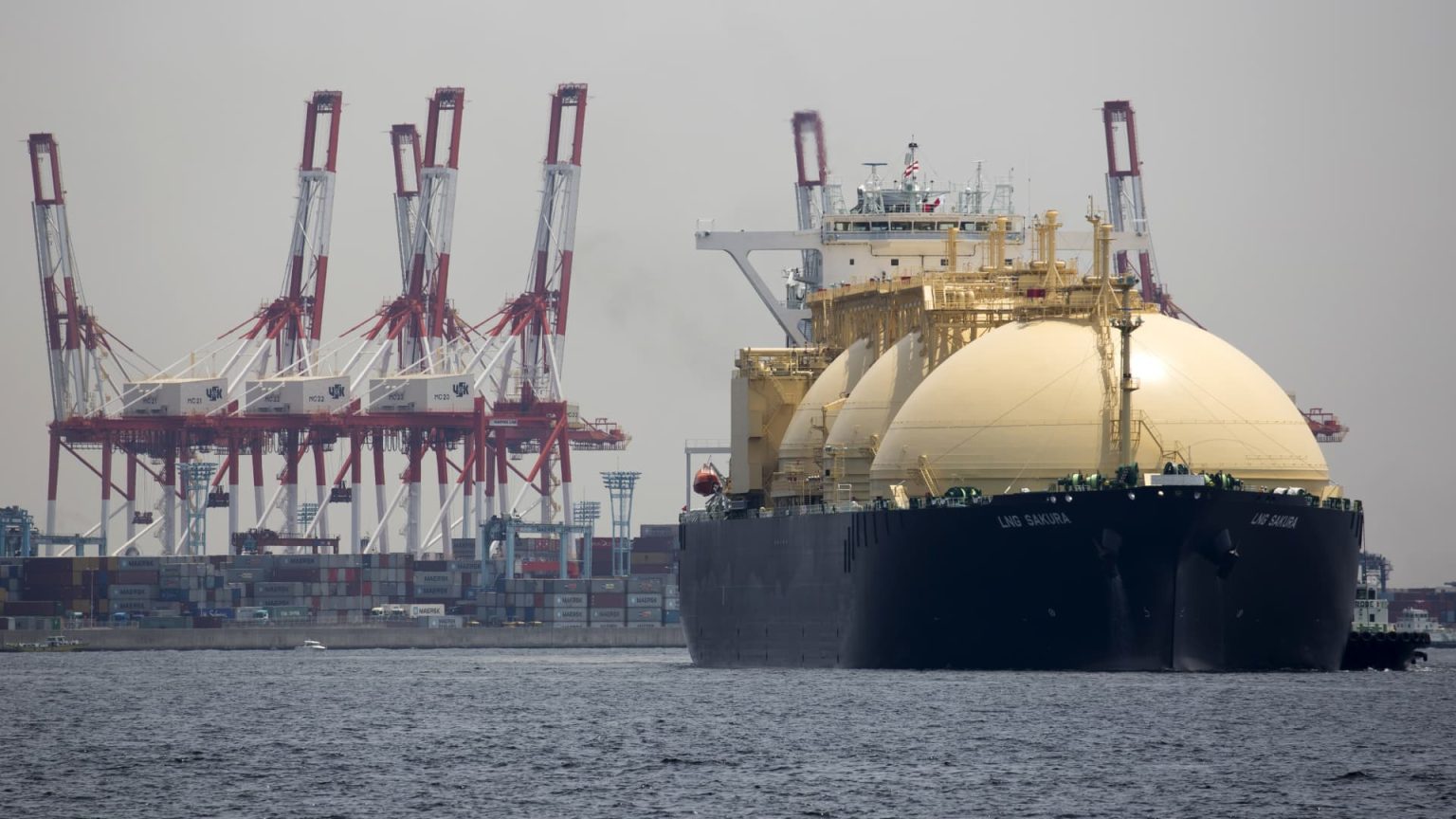Natural gas prices have experienced a significant decline due to oversupply following a warmer-than-expected winter. The surge in liquefied natural gas (LNG) production has led to a record wave of expansion in the sector, with over 150 million tonnes per annum of capacity currently under construction. This growth in supply is expected to continue over the coming years, leading to multi-decade highs in market oversupply. As a result, natural gas prices have fallen to $1.83 per MMBtu, down 22% so far this year.
The oversupply of natural gas has had varying impacts on different countries. Europe is expected to benefit the most from the low prices, with LNG imports expanding to 35% of the total gas supply mix following Russia’s supply curtailment. Lower prices in Europe help keep fuel imports affordable, as most purchases are made on a spot price basis. Other countries that stand to benefit include India and Southeast Asia, particularly India and Thailand, where imported gas makes up a significant portion of their energy supplies. India’s gas demand is highly elastic, meaning consumers will buy more as prices decrease, while Thailand is among the top gas consumers per capita among emerging market economies.
Despite the bearish fundamentals for natural gas prices due to ample storage capacity, there is potential for increased demand from second-tier and emerging players such as China. Rystad Energy’s senior analyst Lu Ming Pang believes that these players may be lured back into the market by the low prices, leading to a potential price floor. This could help stabilize prices in the future, even as the oversupply of natural gas continues to grow.
Overall, the current outlook for natural gas prices is uncertain, with the market facing significant challenges due to oversupply. However, the low prices are expected to benefit certain countries, particularly in Europe, India, and Southeast Asia. While demand may pick up in the future as more players enter the market, the industry will likely continue to face pressure from the surplus of natural gas. As a result, it will be important for countries and companies in the sector to adapt to the changing market dynamics in order to remain competitive.


